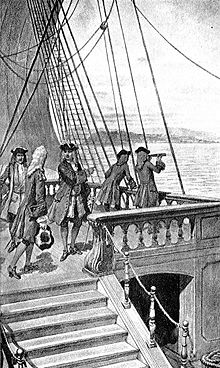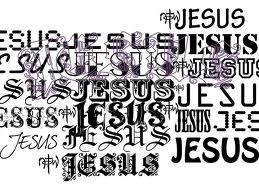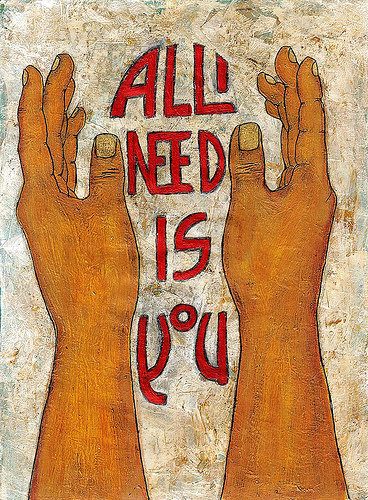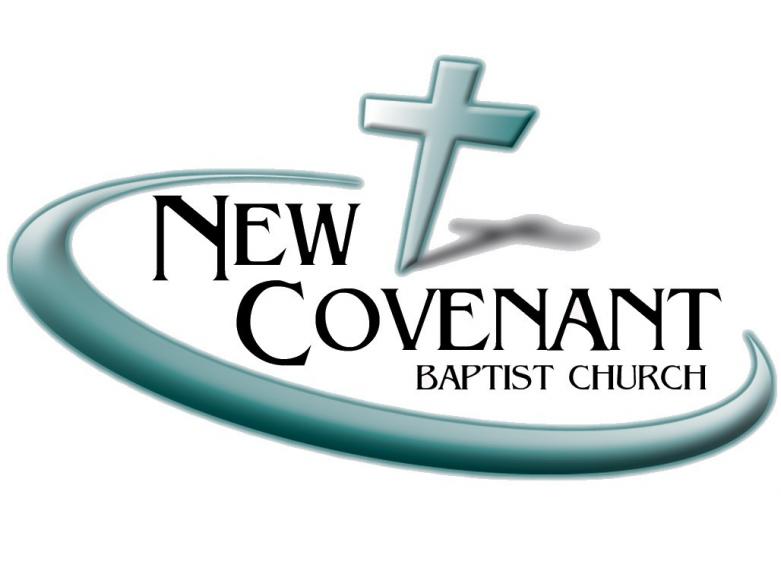 When the British and French were fighting in Canada in Octorber of 1690, Sir William Phips of Massachusetts, commander of the British fleet, was to anchor outside Quebec. He was to wait for the British land forces to arrive, and then support them when they attacked the city. Contrary to the plan Phipps’ navy arrived early. As Phips waited, he became annoyed by the statues of the saints that adorned the towers of a nearby cathedral, so he commanded his men to shoot at them with the ships’ cannons. No one knows how many rounds were fired or how many statues were knocked out, but when the land forces arrived and the signal was given to attack, the fleet was of no help. They had used up most of the ammunition shooting at the "saints." (Daily Bread, October 6).
When the British and French were fighting in Canada in Octorber of 1690, Sir William Phips of Massachusetts, commander of the British fleet, was to anchor outside Quebec. He was to wait for the British land forces to arrive, and then support them when they attacked the city. Contrary to the plan Phipps’ navy arrived early. As Phips waited, he became annoyed by the statues of the saints that adorned the towers of a nearby cathedral, so he commanded his men to shoot at them with the ships’ cannons. No one knows how many rounds were fired or how many statues were knocked out, but when the land forces arrived and the signal was given to attack, the fleet was of no help. They had used up most of the ammunition shooting at the "saints." (Daily Bread, October 6).Are we ever guilty of “shooting the saints?” Do become critical when another Christian church or group outside of ours expresses the truth we are teaching about Jesus in a different fashion, with a different style of music, or form of worship, or style of preaching or teaching, or a different emphasis in the community?
In my last two posts I looked at Luke 9:49-50 to see what it teaches us about people who serve Jesus who are not a part of my group. The passage reads:
49 Now John answered and said, "Master, we saw someone casting out demons in Your name, and we forbade him because he does not follow with us."
50 But Jesus said to him, "Do not forbid him, for he who is not against us is on our side."
So what is the point of Jesus’ lesson here? Jesus has a variety of servants. Those who are living and working in the name of Christ (by His authority) are not to be forbidden, even if they are unknown to us.
The twelve were not the only faithful disciples of Jesus! In addition to the apostles, many who heard Him were receptive, noble listeners. "The multitudes pressed about Him to hear the word of God," and in the response of some to Him, Jesus "saw their faith," (Luke 5:1,20). "And when all the people heard Him, even the tax collectors justified God, having been baptized with the baptism of John," (Luke 7:29). The notion that the apostles were the only faithful disciples is not only assumption; it is error. Those "with'' Him were not the only faithful disciples. This unidentified man, based on every indication we have, was a faithful disciple of Christ, though he was not in the company of the apostles.
It’s so easy for us to criticize or minimize other Christians because they are “not one of us.” We can be guilty of the same spiritual bigotry that infected John.
When we look at v. 50 and its parallels, it brings up an interesting dilemma. Compare the following verses:
* “For who is not against us, is for us” (Mk 9:40 NASB)
* "Do not hinder him; for he who is not against you is for you." (Lk 9:50 NASB)
* "He who is not with Me is against Me, and he who does not gather with Me scatters.” (Lk 11:23a)
* "He who is not with Me is against Me, and he who does not gather with Me scatters abroad.” (Mt 12:30a)
Which is it? Are they for us or against us? These statements of Jesus almost seem to contradict one another don’t they? I believe the resolution is to notice that the first two are concerned with "us," or “you,” while the second two are concerned with "me," in other words, Jesus himself. The conclusion I draw is this: Being with or against Jesus is not always the same as being with or against us. Just because another Christian is different from me does not mean that they do not belong to Jesus.
The key to this lesson is that John pointed out this stranger was casting out demons in the name of Jesus.
I realize some people and groups use the name of Jesus in a way that is not legitimate. Not everyone who claims the name of Jesus really honors who Jesus is. What a group believes about Jesus is absolutely essential for us to cooperate and fellowship with them, that’s what it means to honor the name of Jesus. I’m not advocating some kind of universalism that says any religion is okay. There is only one way to God and that is through Jesus—and Jesus alone. Jesus is not just one of the ways to God. He is not even the best way to God: He is the only way!
But within those parameters we need to be inclusive. We need to realize those who don’t do it the way we do it are our friends, if they honor the same Jesus we honor. In fact they are more than our friends—they are our brothers and sisters!
Did you know in heaven, God is not going to corral us into different areas? St. Peter is not going to have a loudspeaker saying, “Okay, let’s have all the Catholics over here, Baptists in this area, Methodists over here, Church of God folks in this corral, Church of Christ folks, to that side … ”
Did you notice how these this lesson is connected to Jesus’ lesson about greatness and welcoming the child in His name (Luke 9:46-48)? When you become like a humble little child, you will be less exclusive of others. Long before blacks and whites started getting together in the South as friends, little black kids and little white kids played together without any qualms. It was only as they grew up they learned blacks and whites didn’t socialize. I think they had it right as children, don’t you?
Think about the attitudes of little children. They get out on the playground and have such fun with each other. They don’t ask each other which country club their parents belong to. They don’t inquire about where their parents graduated from college, or where they work, or how much money they have. They don’t ask what denomination they are. They just play together. That’s the kind of childlike spirit Jesus was talking about.
What will it take for us to work together as Christians?
 In
In  How do I interact with followers of Jesus who are not like me? What if they being to a different group? What if their worship style is different than ours? What if they spread the gospel using a different method than my church? What if they have a different emphasis in the community?
How do I interact with followers of Jesus who are not like me? What if they being to a different group? What if their worship style is different than ours? What if they spread the gospel using a different method than my church? What if they have a different emphasis in the community? I don’t sleep as soundly or as long as I used to. I am not really sure why. Maybe it’s just another one of those annoying things that happen as we grow older—like the hair that grows everywhere except the top of my head; or the furrows in my forehead that appear to have been pulled by a deep eight-bottom plow; or my inability to tolerate loud music anymore.
I don’t sleep as soundly or as long as I used to. I am not really sure why. Maybe it’s just another one of those annoying things that happen as we grow older—like the hair that grows everywhere except the top of my head; or the furrows in my forehead that appear to have been pulled by a deep eight-bottom plow; or my inability to tolerate loud music anymore. “Say okay and do it right away.” I have heard my wife say that little rhyme to our kids many times over the years. I was reminded of it again as I studied
“Say okay and do it right away.” I have heard my wife say that little rhyme to our kids many times over the years. I was reminded of it again as I studied  "Jesus … He is all we need and all we want. We are shipwrecked on God and stranded on omnipotence!" — Vance Havner
"Jesus … He is all we need and all we want. We are shipwrecked on God and stranded on omnipotence!" — Vance Havner Psalm 119
Psalm 119




